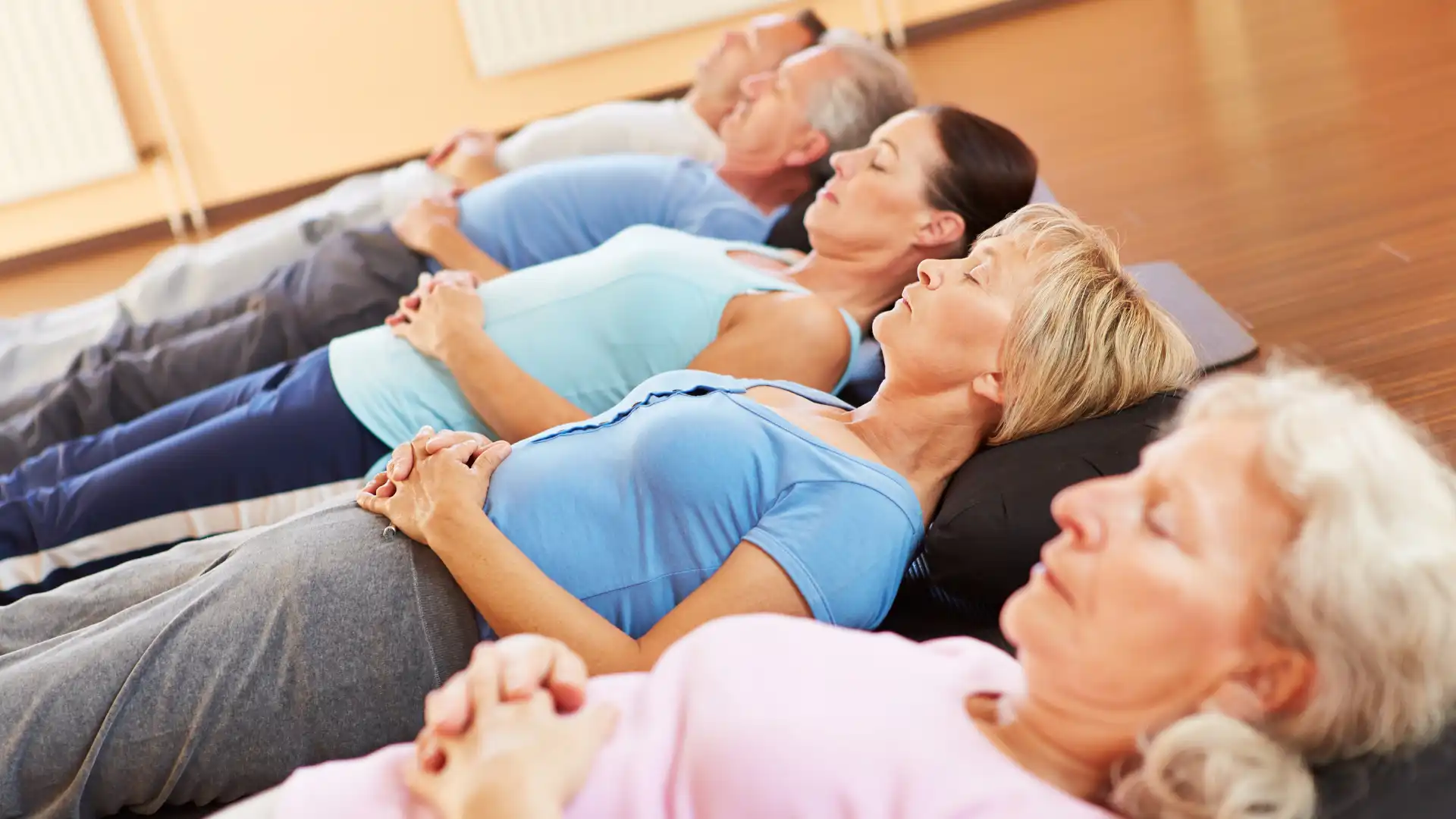Having Trouble Sleeping? You’re Not Alone

If you are tired and sleepy during the day, but still find it difficult to fall asleep or stay asleep during the night, you suffer from insomnia. It may be of little comfort, but you can rest assured (no pun intended) that you’re not alone. Insomnia in one form or another affects an estimated two-thirds of Americans, a staggering number, which hides anything from minor sleep deprivation to more serious sleep problems with wide-ranging repercussions.
According to the National Highway Traffic Safety Administration, more than 100,000 car accidents per year are caused by drivers who get drowsy and/or fall asleep at the wheel. Worse, according to a study published in the British medical journal, The Lancet, people who are unable to find natural relief for insomnia over time can build up a sleep deficit, which in turn affects their carbohydrate metabolism and the functioning of important endocrine glands, such as the thyroid gland. The effects of these changes, according to the study’s authors, are that, over the long term, “sleep debt may increase the severity of age-related chronic disorders.”
Natural Relief for Insomnia vs. Sleeping Pills
The most common insomnia remedy, of course, is to take sleeping pills. Unfortunately, these come with many well-known drawbacks. Firstly, it’s very easy to get addicted to sleeping pills, and they lose their effectiveness over time. Secondly, there is doubt about whether or not sleeping pills really allow for the full healthy sleep cycle to take place.
Studies indicate that certain important parts of the sleep cycle don’t unfold when people use drugs to help cure insomnia. Because the drugs don’t provide natural insomnia relief, many people wake up feeling drugged and out or sorts, and remain sleepy and drowsy throughout the day.
There are many natural insomnia remedies . Sometimes, the solution can be as simple as looking at your lifestyle habits. If you know the basics of natural approaches to insomnia relief, you will often be able to clear up the problem on your own, without a doctor’s help.
. Sometimes, the solution can be as simple as looking at your lifestyle habits. If you know the basics of natural approaches to insomnia relief, you will often be able to clear up the problem on your own, without a doctor’s help.
Underlying Causes of Insomnia
When looking for natural insomnia relief , however, first rule out that your sleep problems aren’t caused by a more serious underlying problem, which might require medical attention.
, however, first rule out that your sleep problems aren’t caused by a more serious underlying problem, which might require medical attention.
-
If you tend to wake up early in the morning and are unable to get back to sleep, it can be a sign of depression.
-
Inability to sleep soundly may also be linked to sleep apnea, a condition in which people stop breathing for short periods of time. Sleep apnea can increase the risk of heart disease and other chronic diseases over time, so it’s important to seek medical treatment for it early on.
-
Insomnia disorders are also sometimes related to hormonal changes, such as around your monthly cycle, or during perimenopause or menopause.
-
Another underlying cause of sleep problems can be “restless legs syndrome,” which manifests as a discomfort in the legs that is relieved when moving your leg. Restless leg syndrome is sometimes linked to a lack of vitamin B and can often be relieved by taking a vitamin B-Complex.
If you feel that one of these underlying causes may be at play, consult with your physician to see how he or she might be able to help you.
In addition, there are many natural remedies for insomnia, including yoga for insomnia. The best of them all have one thing in common: they not only help you sleep better, they actually improve the overall balance and health of your body.




